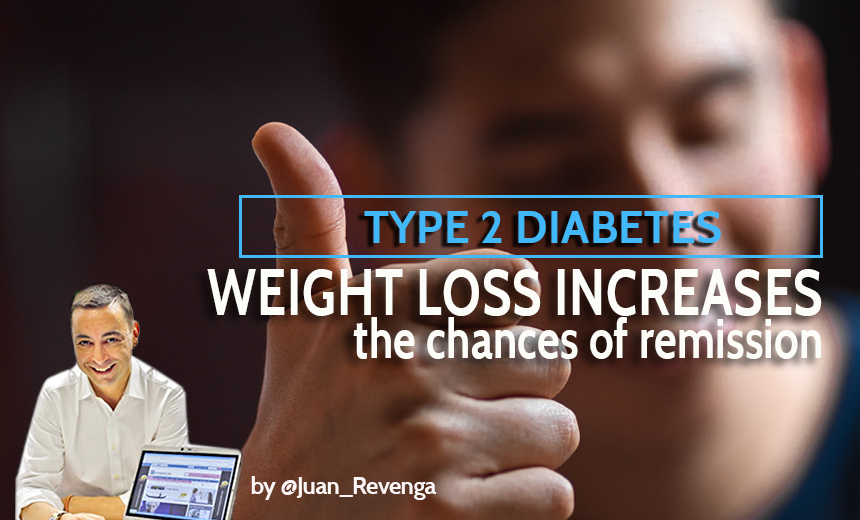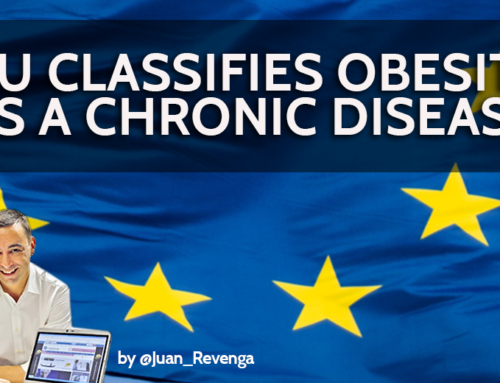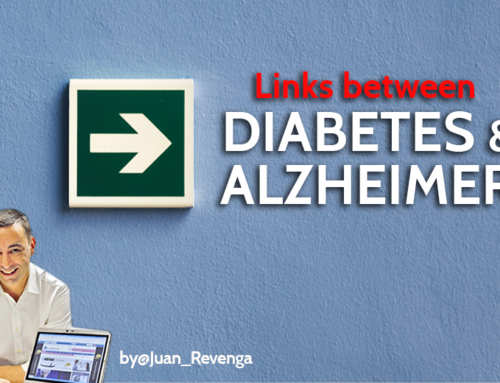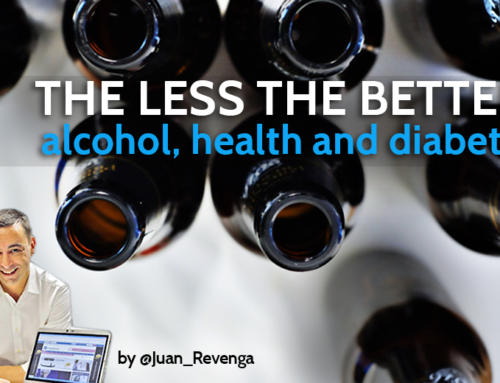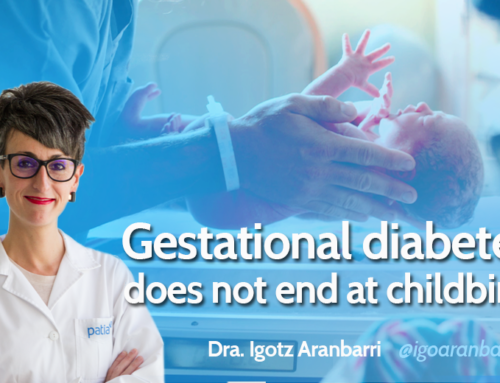Weight loss after a diagnosis of type 2 diabetes increases the chances of remission
Type 2 diabetes has traditionally been a relatively similar condition to type 1 diabetes in that the end result, in essence, was very similar in both diagnoses, although the causes leading to one or the other type of diabetes were different. In the end, in both cases, insulin dependency occurs, and if type 1 diabetes was incurable, so is type 2 diabetes. That’s what we thought. But we were wrong… who knew.
Considering that in this channel we have always been alert to the advances in this field in order to be able to help you, it is necessary to remember that already in 2016 we were echoing “new hopes” not only in the dietary treatment of type 2 diabetes, something quite basic and known from long ago although not always well assumed, but also in its possible cure.
A new and uplifting study published in January of this year, has deepened the line of work on previous weight loss and has contrasted that, after a diagnosis of type 2 diabetes, and under certain conditions (relatively within reach) a patient can reverse that diagnosis after 4-5 years. Briefly and for everyone to understand: it is possible that at one point someone was diagnosed with type 2 diabetes, and then cured, or at least did not meet the criteria to remain with that diagnosis. Even shorter: then yes and now no. As I said at the beginning, something unthinkable only 10 years ago. And the key is not that it was something particularly hidden and unimaginable, the condition that brings about this miracle is none other than weight loss.
The highlights
The study itself looked at the evolution of a cohort of over 730 patients, mainly Caucasians, newly diagnosed with type 2 diabetes. All patients were randomly classified into two possible groups; in the first group they would receive standard or usual care, and in the second group they would receive additional support. All patients were assessed regularly over 5 years for weight, physical activity, diet and alcohol consumption.
After five years several conclusions could be drawn:
- 257 Participants achieved remission of diabetes, defined as an HbA1c level of less than 48 mmol/mole (or 6.5%) without being on diabetes drug treatment or having undergone bariatric surgery.
- People who lost at least 10% of their body weight in the first year after being diagnosed with diabetes were more likely to reach remission at five years compared to those who maintained their weight at the start of the study or gained it.
- A similar positive trend was observed in those patients who had more modest weight loss, 5-10% during the first year after diagnosis, but this was not statistically significant.
- AAchieving a 10% weight loss over the next four years (i.e., between the end of the first year and the end of the study at five years) was associated with more than twice the chance of remission of diabetes.
The increasingly clear and forceful plan of action
In Spain, nearly 1 in 11 adults over the age of 40 have been diagnosed with type 2 diabetes, and obesity is one of the most basic predictors of this unfortunate state of affairs. It should be remembered that diabetes entails a series of serious and frequent complications (kidney failure, loss of vision, amputation of lower limbs, etc.) whose treatment entails a particularly significant economic cost for public health.
 In this scenario, good news is scarce, so it will always be welcome and little news can be better received than the knowledge that type 2 diabetes can go into remission without the need for particularly drastic interventions (typically referred to bariatric surgery or particularly restrictive dietary settings). This study is also one of the longest ever conducted in this field (five years) and has had a sufficiently large and varied sample to be optimistic that these results can be transferred to a large part of the population with diabetes.
In this scenario, good news is scarce, so it will always be welcome and little news can be better received than the knowledge that type 2 diabetes can go into remission without the need for particularly drastic interventions (typically referred to bariatric surgery or particularly restrictive dietary settings). This study is also one of the longest ever conducted in this field (five years) and has had a sufficiently large and varied sample to be optimistic that these results can be transferred to a large part of the population with diabetes.
Both patients and health professionals responsible for providing resources in the treatment of type 2 diabetes must be aware that:
- The more likely the sooner action is taken. Good from the diagnosis (immediately) and much better from a pre-diabetes “warning”.
- The key, above all others, is to achieve a 10% weight loss in the first year through an improvement in lifestyles, mainly in the areas of diet, physical activity and alcohol consumption. However, it should be noted that even if this ideal 10% loss is not achieved, any weight loss will result in a better prognosis of ongoing diabetes.
Latest posts by Juan Revenga Frauca (see all)
- Obesity recognized as a chronic disease - 13 October, 2021
- Who said you have to eat everything? - 7 October, 2021
- Diabetes and Alzheimer - 29 January, 2021



